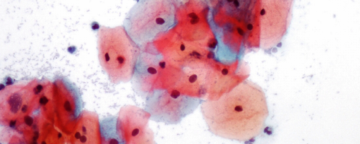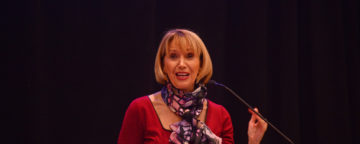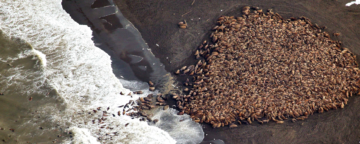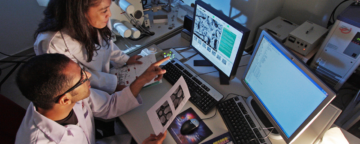APPC postdoctoral fellows presented their research overseas, speaking on GMOs and risk perceptions at a Society for Risk Analysis forum in Italy and on publication bias at a talk in Germany.


APPC postdoctoral fellows presented their research overseas, speaking on GMOs and risk perceptions at a Society for Risk Analysis forum in Italy and on publication bias at a talk in Germany.

APPC researchers urge scientists to engage with the public on scientific issues but caution them to carefully choose their audiences and avoid two-sided debates explicitly framed as conflicts.

Researchers from the Annenberg Public Policy Center presented work on public attitudes toward science at the American Association for the Advancement of Science meeting in Boston.

Science curiosity appears to counteract people’s tendency to seek out only information that supports their political biases, according to a new study finding that people who are science-curious are more willing to grapple with surprising information.

The public’s ability to understand the dangers posed by Zika virus may be jeopardized by advocacy groups linking the virus with culturally charged issues such as illegal immigration and global warming, the authors of a new study warn.

Even liberals and moderates who are more likely than conservatives to be suspicious of Fox News can be influenced by a misleading article on FoxNews.com about Arctic sea ice trends, researchers found.

How do science communicators most effectively present research to multiple audiences interested in different aspects of it? Such questions provided the framework of the 2016 Annenberg Lecture delivered by Marcia McNutt, president of the National Academy of Sciences.

In 2014, 35,000 walruses crowded ashore on an Alaskan beach instead of resting on ice floes. In a newly published case study, researchers studied TV news coverage of the walrus "haul-out" and people's selective exposure to it.

Pope Francis’ 2015 encyclical on the environment, “Laudato Si’,” did not rally broad public support for climate change among Catholics and non-Catholics, according to a new study from researchers at the Annenberg Public Policy Center.

An essay in Science magazine this month defends the vital importance of basic scientific research and references the work of the policy center's science communication program in advancing that message.